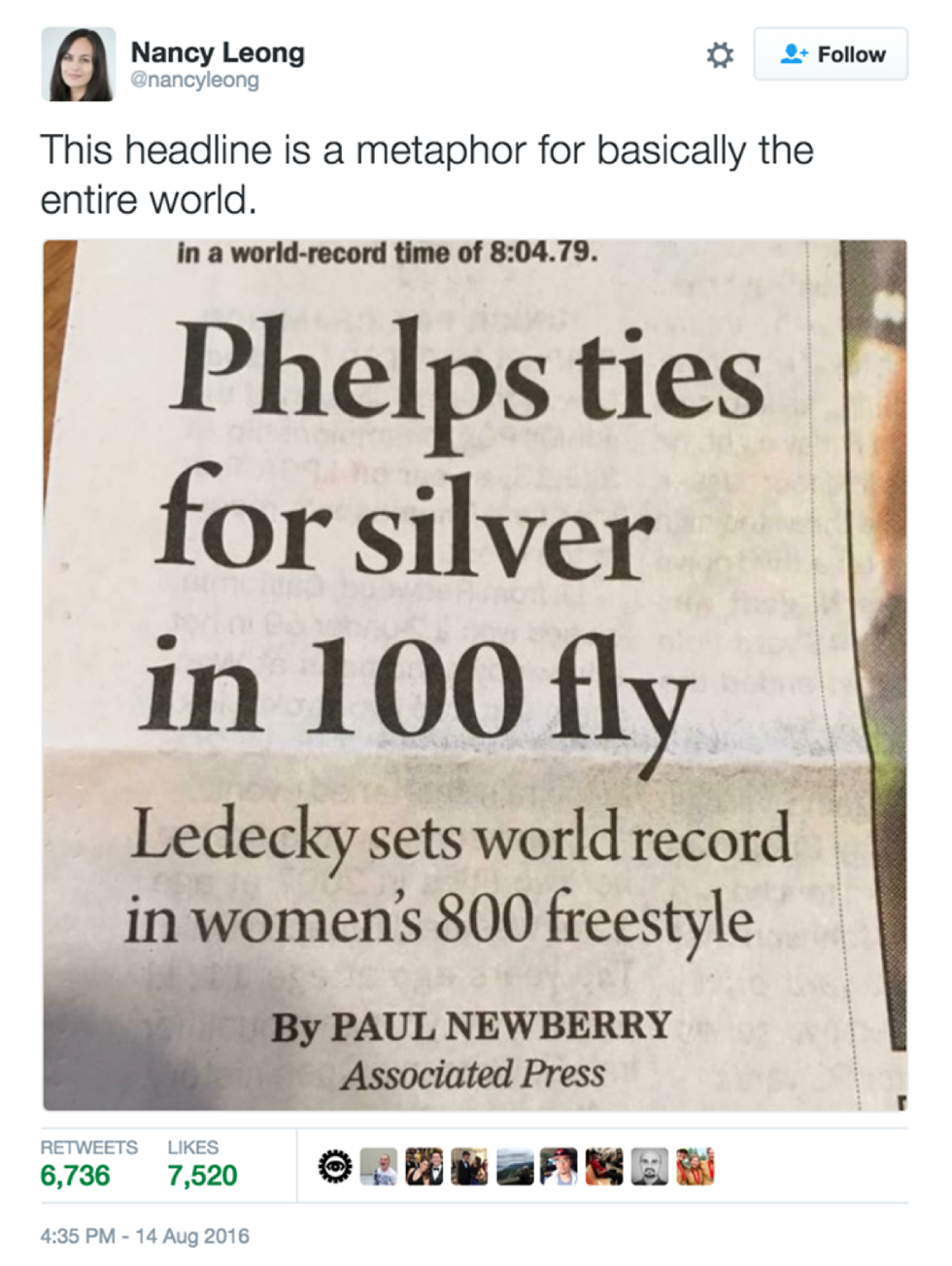I remember growing up and being told that for every dollar a man made, I would only make 77 cents in the same job. I remember being told that my pay would differ so greatly merely because I was born a woman and that it was a sad but simple truth that we were disadvantaged in society. I remember as a child being outraged by this. I hadn’t chosen to be a woman. Why should I face such a significant consequence? Was my time really worth less than my male peers?
“Equal pay for equal work” I would always hear, and it seemed logical enough to me. But what I never heard amongst the rhetoric was what the wage gap actually was: a ratio between the median wage for salaried full-time working men and the median wage for salaried full-time working women.
The median for the women is 77% of what the median for men is. Why is the median wage for women so much lower than the median wage for men? Some variables that play major roles are job choice, level of education, college major, hours worked a week, years of experience, and job interruption by childbirth. Once economists factor in some of these variables, the wage gap drops significantly. Depending on the variables that the study accounts for, the wage gap drops to somewhere in the range of 4-8 percent. Is this minute difference in wages due to gender bias? Perhaps, but there are limitless variables at play that are still not being accounted for.
In stark contrast to ample evidence that this is not the case, social media and members of government still perpetuate the narrative that the 23 cent wage gap is due solely to men’s discriminatory habits and not these other variables.
Falsely being told that we are subject to extreme discrimination in the workplace breeds a victim mentality that is harmful to my gender. This can be seen when cases that have nothing to do with gender are made out to be gender issues. For example, when women don’t get promoted I often hear them blaming their gender instead of asking themselves “what does this other person have that I don’t? Taking that into consideration, how can I ensure that I’m the next person to be promoted?” Simply, blaming our gender stops us from self-improvement. We must stop jerking ourselves off to the idea that it’s the system’s fault and actually take responsibility for what happens to us.
Unfortunately, the false narrative about women in the workplace isn’t the only thing culturing an illegitimate feeling of being discriminated against by society. Social media has a habit of twisting things to fit a narrative about the unprivileged life of an American woman. The following example was blasted around social media during the Olympics regarding Michael Phelps and Katie Ledecky.

Anyone who follows swimming would know that it was more shocking that Phelps tied for second than that Ledecky set a world record. Ledecky came into that race anticipating a world record time. Not to mention, the world record that she was competing against was her own, years earlier. She has virtually no competition in the 800 freestyle as demonstrated by how she finished almost an entire 50 meters ahead of the rest of the pack. (This is just about unheard of.) It was expected that she was going to destroy her completion and likely set a world record unless something significant took place (an injury, disqualification, etc.). So the fact that she took first was no surprise to anyone.
Phelps, on the other hand, was the reigning champion in the 100-meter butterfly and used to hold the world record in that race. Phelps, the face of swimming for nearly 15 years, taking 2ndplace in the last Olympics that he’s participating in is big news.
Fame also plays a big factor in who gets the headline. As previously mentioned, Phelps has been the face of swimming for nearly 15 years. Meanwhile, Katie Ledecky is relatively new to the celebrity swimming scene. Thus a story about Phelps is likely to get more reads than a story about someone still establishing her fan base (despite how incredible she is).
When I was listening to a Disney playlist on YouTube the other day, I See the Light from Tangled came on. The YouTube title was “Tangled I see the Light: Mandy Moore” with no mention of the guy also featured just as prominently in the song. Yet, no one’s complaining about the complete absence of Zackary Levi’s mention as a gender issue. They accept that Mandy Moore is a more well-known singer than he is.
We need to stop the presentation of manipulative statistics and rhetoric that skews women’s perception of their place in society.





















